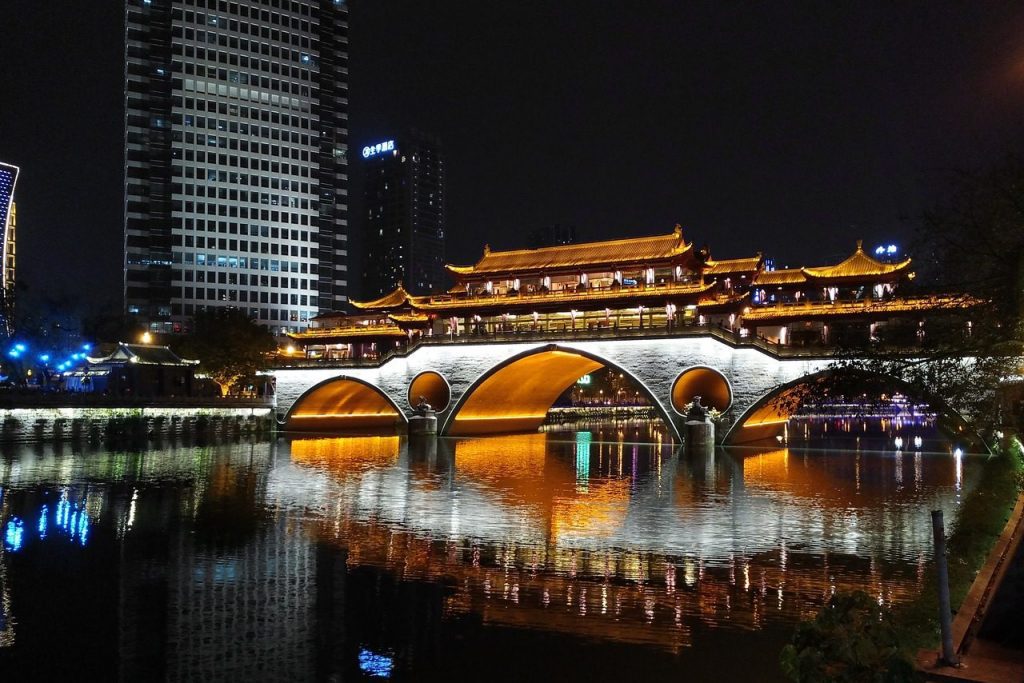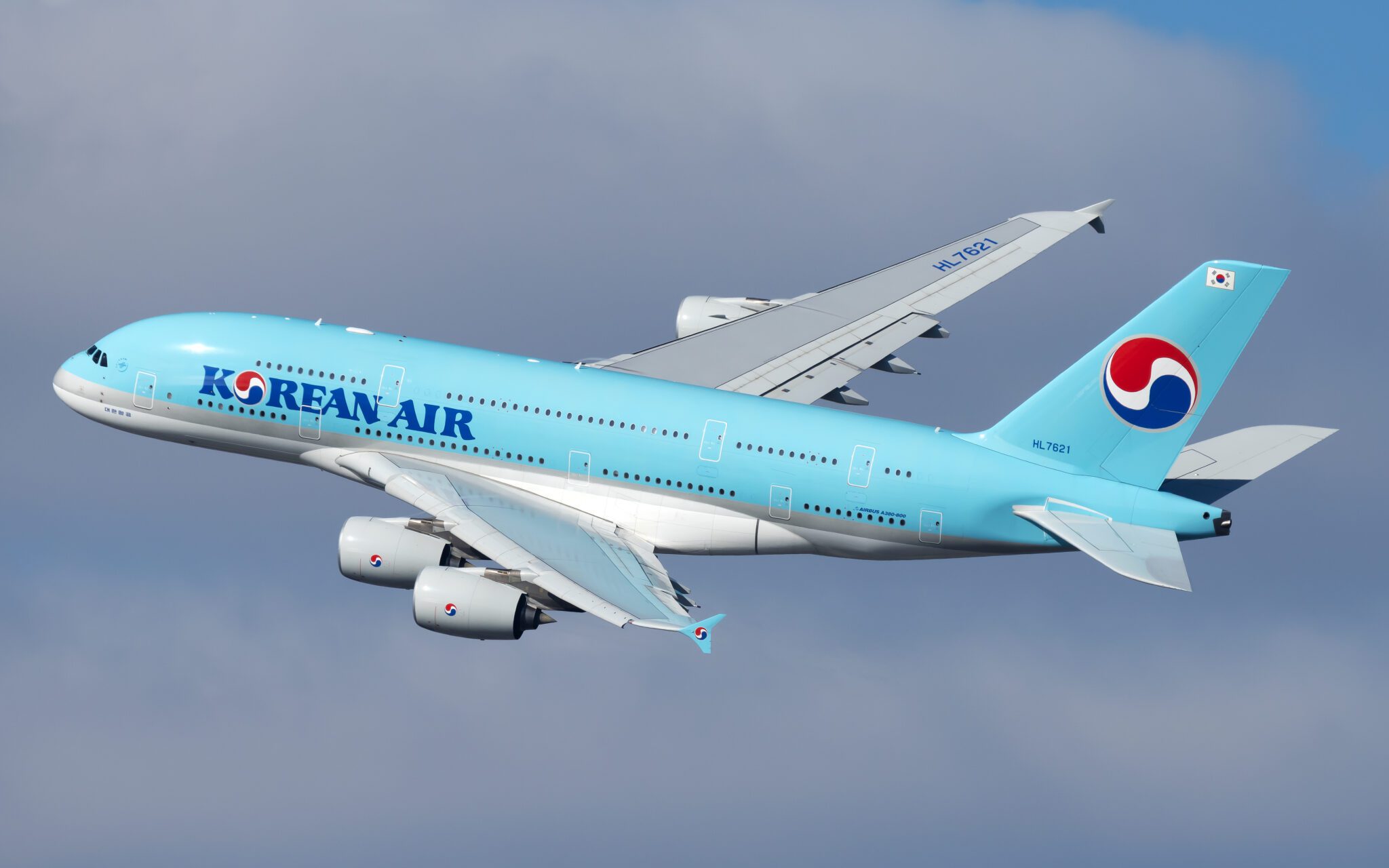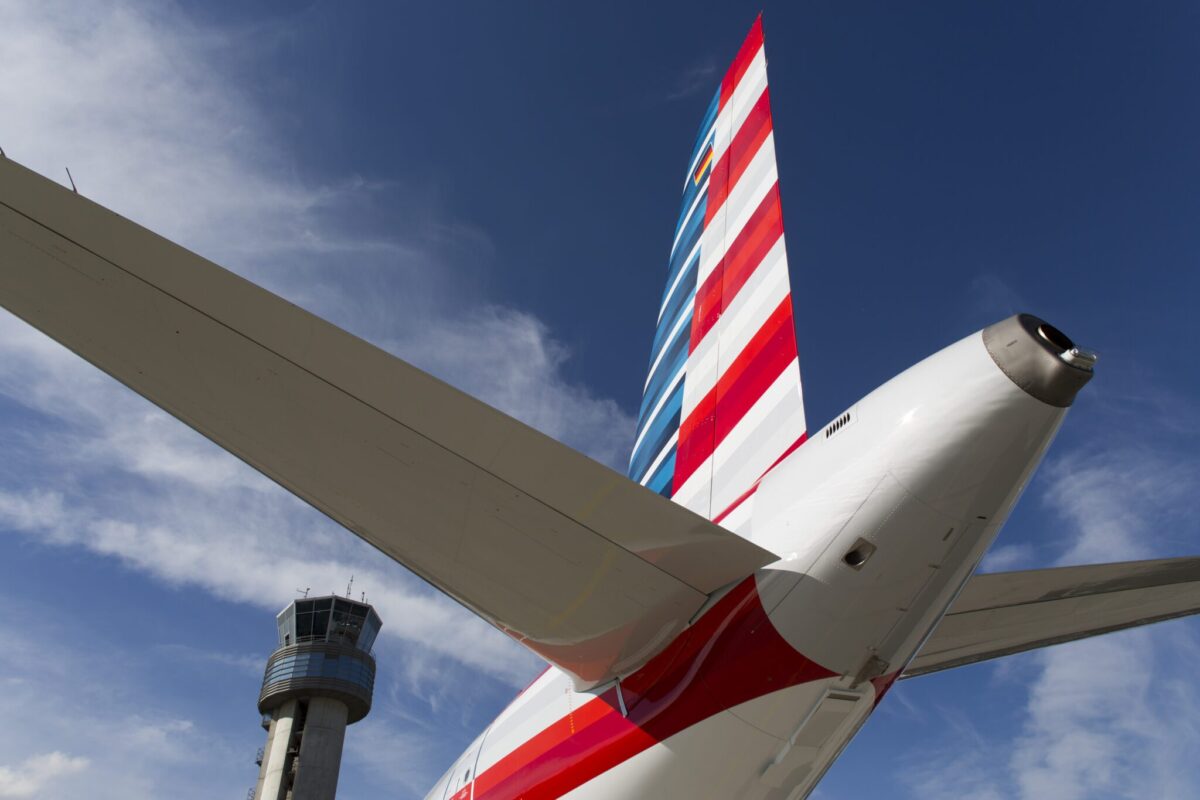China Is First Country in the World to See Year-Over-Year Hotel Revenue Growth During Pandemic

Skift Take
Occupancy will grow first, then daily rates, and finally revenue for a hotel industry recovery, analyst thinking goes when it comes to digging out of a downturn.
China just achieved all three.
Occupancy, daily rates, and revenue per available room — the hotel industry’s key performance metric — were all up the week ending October 10, according to STR. The timespan included the Golden Week national holiday, where many travelers were expected to vacation domestically and book stays in hotels.
Occupancy was up nearly 3 percent, daily rates were up by a little more than 10 percent, and revenue per room was also up more than 13 percent — the first time the key metric saw annual growth this year. China is also the first country to see year-over-year hotel revenue growth since the pandemic began, according to a Bernstein analysis of the data.
“Although we would caution that China’s response to the pandemic has been idiosyncratic, this shows both that a vaccine is not necessarily a prerequisite to a recovery in travel and, more importantly, gives the clearest piece of evidence that there is no material behavioral change to travel patterns: Once restrictions ease, travel recovers,” said Richard Clarke, a senior analyst at Bernstein covering global leisure and hotels. “For those looking for any sliver of good news, this is encouraging.”
China’s strong hotel performance even extended to some of its major cities, which had lagged in recovery compared to leisure and drive-to markets since the pandemic. Average Chengdu hotel revenue per room was up by more than 50 percent compared to 2019, Clarke said.
Wuhan, ground zero for the coronavirus outbreak, was even the most-visited Chinese city during Golden Week.
The growth across all hotel performance metrics in China is a significant swing from the prior week, which included the first two nights of Golden Week and showed an annual decline in occupancy. But analysts noted that decline was largely due to the start of the holiday coinciding with the Mid-Autumn festival, a holiday celebrated by families coming together often at their own homes and likely staying away from hotels.
Other signs showed Golden Week was poised to be a major boost to China’s tourism economy recovery. Duty-free sales in the leisure travel-heavy Hainan Province were up nearly 150 percent compared to 2019, CNBC reported. Daily food and retail sales increased nearly 5 percent from last year, according to China’s Ministry of Commerce.
Analysts and executives from major hotel companies like Marriott have all attributed China’s rapid economic recovery from coronavirus due to its tough lockdown measures and strong central response to the virus. Marriott executives expect their China portfolio to return to 2019 revenue levels sometime next year.
But Golden Week performance strength didn’t extend to all major markets in Greater China. Shanghai revenue per room was still down nearly 4 percent compared to 2019; though, that was still better than the 14 percent year-over-year decline Shanghai averaged for the prior month.
Hong Kong continues to lag Mainland China. Revenue per room there was down nearly 53 percent for the holiday week, which was basically in line with hotel performance for the prior month.
The city was already grappling with a recession last year sparked by at-times lethal protests driving visitors away and cratering retail sales. Coronavirus further tanked the city’s tourism economy, and travel executives argue domestic travel — which is largely the only travel allowed in China and the heavily foreign-dependent city — isn’t enough for Hong Kong to recover anytime soon.
“While we’re very grateful for the local market coming out for staycations, it’s definitely not enough to make up for what would have been our highest-demand weeks of the year,” said Jennifer Cronin, president of Hong Kong-based Wharf Hotels, earlier this month at Skift Forum Asia. “It’s almost a patchwork of results in different cities in the Mainland as well as here in Hong Kong.”




